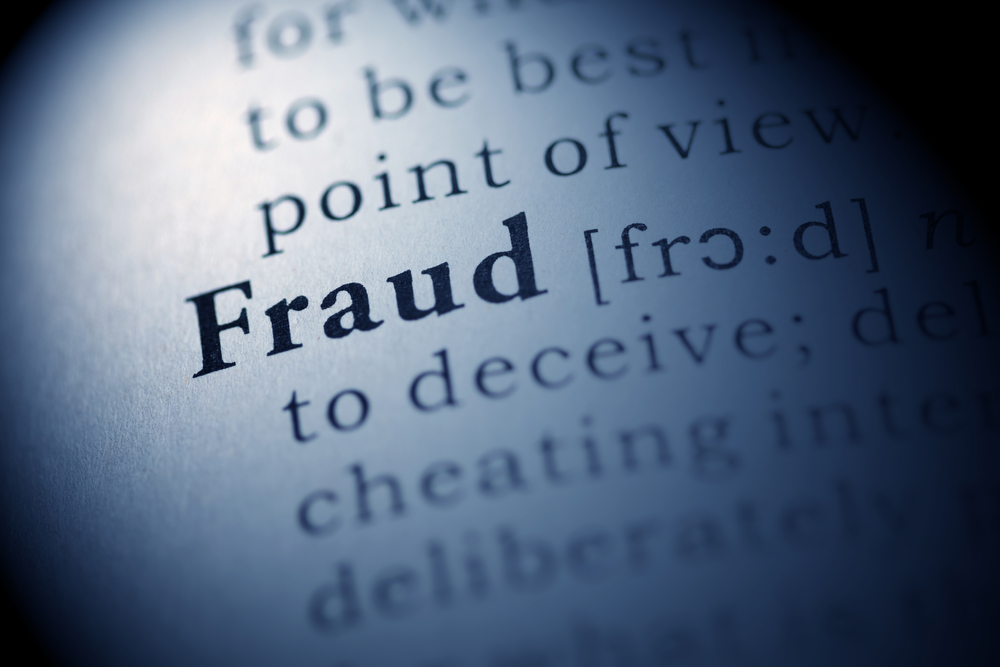Money Tips
UK consumers lose £160m to online banking fraudsters

UK bank customers fell victim to 25,717 recorded cases of cheque, plastic card and online bank account fraud between April 2020 and March 2021.
The fraud cases, reported to 44 police forces up and down the country, equated to £161,221,800, an average financial loss of £6,269 per case.
According to MoneyTransfers.com, which analysed the latest data from the National Fraud Intelligence Bureau, July 2020 was the worst month for fraud, with 2,349 cases reported to police followed by November 2020 with 2,341 cases. April 2020 saw the lowest number of cases at 1,851.
London’s Metropolitan Police recorded the largest number of cheque, plastic card, and online bank account fraud cases between April 2020 – March 2021, at 4,224, the equivalent of 12 incidents per day in the capital, worth a total of £32.3m over the period.
Greater Manchester Police was ranked second, with 1,332 cases, followed by West Midlands Police with 1,265 reported cases of fraud over the year.
Thames Valley Police (971), Kent Police (896) and West Yorkshire Police (873) are among the other police forces which recorded over 800 cases of cheque, plastic card and online bank account fraud from April 2020 to March 2021.
At the other end of the spectrum, Cleveland Police had only 124 cases of bank account fraud, while Dyfed-Powys Police reported 146 cases.
MoneyTransfers.com offers four top tips on how individuals can safeguard themselves from cheque, plastic card, and online bank account fraud:
1) Stay Vigilant
Even though it may feel taxing, it is a good idea to keep a close eye on your monthly bank statement(s) to make sure there is no unusual activity and if there is, report it immediately to your respective bank(s). Likewise, opt to shred any financial documents you intend not to keep.
2) Avoid Public Wi-Fi Hotspots
Do not use public Wi-Fi hotspots such as those in coffee shops and libraries to access online banking or carry out financial transactions as you cannot be certain how your personal information is being tracked and logged by their respective networks.
3) Take Online Banking Precautions
Only access online banking via your bank providers official website and not by means such as clicking on a link provided in an email. Likewise, when it comes to mobile banking, only use your bank providers official app and keep the app updated for the latest and strongest security protection.
4) Have Strong Credentials
Make the password for your online banking as sophisticated as possible – this includes using a combination of numbers, special characters, uppercase and lowercase letters. When it comes to the pin for your bank card, don’t make it very obvious such as the current year (e.g. 2021) or a combination of credentials from your date of birth (e.g. dd/mm, mm/yr etc).